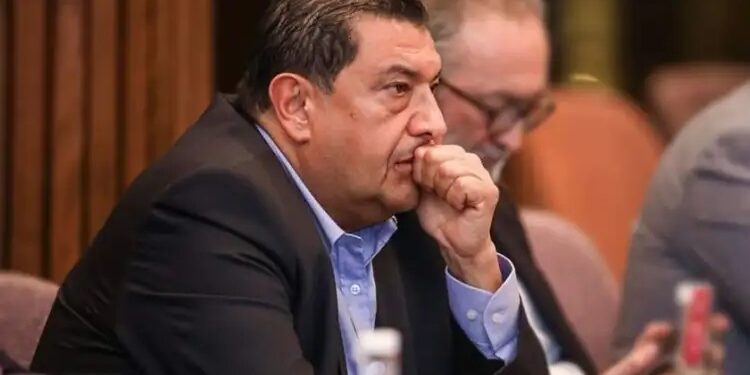The Tunis Court of Appeal confirmed the dismissal of the businessman Hatem Chaâbouni to the criminal chamber specializing in financial corruption affairs. He will be tried alongside two former executives of a public bank, including an ex-director general, for falsification, money laundering and suspicious financial operations.
The decision of the Court of Appeal
The accusation chamber of the Tunis Court of Appeal rejected the request for the release of Hatem Chaâbouni. She decided her dismissal, as well as that of two former banking officials, before the criminal chamber specializing in financial corruption affairs.
The economic and financial judicial center criticizes the accused of the facts of falsification, detention and use of falsified documents, as well as money laundering.
Arrests and deposit mandates
Hatem Chaâbouni, active in the fodder and poultry sectors, was arrested on June 4, before being placed in police custody. On June 5, three executives from a public bank, including a former retired director, were also arrested in the same case.
A warrant was issued against the businessman and two bank executives. Chaâbouni has even been the subject of a second warrant, the case having been paid in parallel to the criminal court for administrative offenses.
Suspicions of money laundering and corruption
The investigation, carried out by the first central brigade of investigation into financial crimes of the National Guard at Aouina, revealed serious suspicions of financial and administrative corruption.
The public prosecutor notably mentions money laundering operations aimed at legitimizing funds of dubious origin; the exploitation of public officials to obtain personal advantages; irregularities in the management and violation of administrative procedures.
A suspicious financial mechanism
One of the most sensitive components of the case concerns the capital increase of a public bank. Hatem Chaâbouni would have made an injection of 25 million dinars, funded from a debtor account of one of its companies.
On the same day, the bank in question would have granted him a loan of 11 million dinars, with the complicity of some of its leaders, in order to artificially legitimize the capital increase operation.








